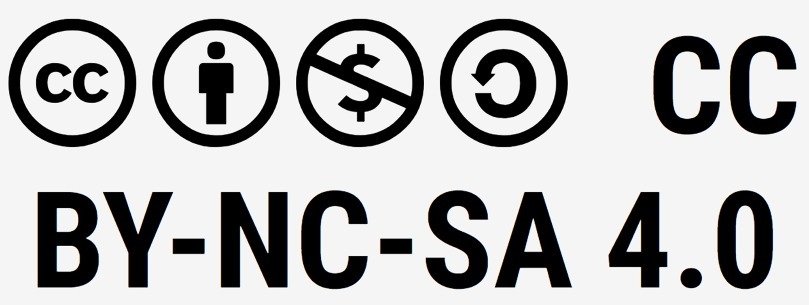Revision, Correction, and Retraction Policy
Consortium Publisher – ICDTD Inc., Canada
At Consortium Publisher – ICDTD Inc., we are committed to preserving the accuracy, transparency, and ethical integrity of the scholarly record. Our policies on revisions, corrections, and retractions adhere to the principles outlined by the Committee on Publication Ethics (COPE) and reflect internationally recognized standards in scientific publishing.
1. Article Revisions and Post-Publication Updates
Authors may request post-publication revisions under the following circumstances:
- Minor textual or numerical errors that do not alter the primary findings or scientific conclusions.
- Updates or refinements to methodology, citations, or supplementary datasets to improve clarity, transparency, or reproducibility.
- Ethical clarifications or disclosures requiring minor editorial amendments.
All revision requests must be formally submitted to the editorial office, clearly identifying the proposed modifications and justifications. Each request is subject to editorial and, where applicable, peer review. Approved revisions are published as an updated version, with a formal editorial note or corrigendum linked to the original article for transparency.
2. Corrections (Corrigenda and Errata)
When errors are identified post-publication, ICDTD Inc. will assess and address them through appropriate corrective actions:
- Minor Corrections (Errata):
These include typographical errors, author name misspellings, figure mislabeling, or minor data inconsistencies that do not affect the scientific conclusions. A correction notice will be issued in the same or subsequent journal issue and permanently linked to the original article. - Major Corrections (Corrigenda):
Significant errors that alter data interpretation, statistical analysis, or results are addressed through the publication of a corrected version of the article, accompanied by a corrigendum explaining the nature of the error and the changes made. The corrected article and original version will be cross-linked and archived in perpetuity.
3. Retraction Policy
Retractions are considered in cases where the integrity or validity of the published work is seriously compromised. Grounds for retraction include:
- Scientific misconduct, such as data fabrication, falsification, or plagiarism.
- Ethical violations, including undeclared conflicts of interest, absence of appropriate ethical approval, or lack of informed consent for human or animal research.
- Fundamental methodological flaws rendering the results unreliable.
- Redundant or duplicate publication, or unauthorized use of copyrighted content.
The retraction process follows COPE’s Retraction Guidelines, and involves:
- A formal investigation conducted by the editorial board, in consultation with peer reviewers, ethical committees, and, where appropriate, institutional representatives.
- Issuance of a clearly labeled retraction notice, publicly available and linked to the original publication.
- Preservation of the original article in the online archive with a visible “RETRACTED” watermark across all versions, ensuring transparency in the scholarly record.
4. Post-Retraction Protocol
Retracted articles remain indexed and accessible to uphold the integrity of the academic discourse and to maintain historical accuracy. Authors may submit a substantially revised version for fresh peer review if the underlying issues are addressable through legitimate scientific and ethical revisions. Such submissions must fully disclose the history of retraction and the steps taken to correct the original deficiencies.
5. Appeals and Dispute Resolution
Authors have the right to appeal editorial decisions concerning corrections, retractions, or rejections. Appeals must include:
- A detailed written justification.
- Supporting documentation and, if applicable, third-party validation.
All appeals are reviewed by the Editor-in-Chief and an independent panel from the Editorial Advisory Board, with decisions guided by COPE's appeal guidelines. The final verdict shall be communicated within a reasonable timeframe and shall be binding.
Contact and Inquiries
For questions regarding this policy or to initiate a correction, retraction, or appeal process, please contact:
Editorial Office
Consortium Publisher – ICDTD Inc., Canada
office@consortiumpublisher.ca
www.consortiumpublisher.ca
Editorial Board
Consortium Publisher – ICDTD Inc., Canada









